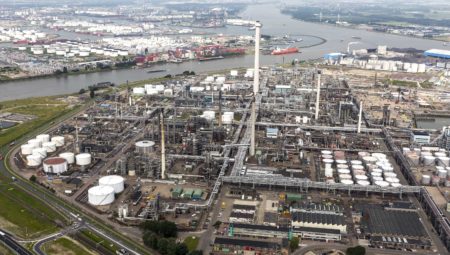In 2013, The Netherlands agreed to abolish all government support for oil, coal and gas by 2020 at the latest. This intention was confirmed in 2015 in the Paris Climate Agreement. However, since 2016 the Netherlands still sponsors the climate crisis with an average of at least € 8.3 billion per year. It is a conservative estimate, because not all data is public.
Of the total amount, an average of € 4.9 billion per year consists of subsidies to aviation and shipping, heavy industry, power plants and the agricultural sector. Internationally operating companies benefit from export credits and guarantees from Atradius DSB, loans from development bank FMO and investments from state bank ABN AMRO. In total, these are benefits worth an average of € 2.9 billion per year. More than half a billion a year is spent on investments in fossil fuels by state-owned companies such as Energiebeheer Nederland and GasTerra.
Structural investments
The study is based on data from governments and large companies on structural investments. The definition of the World Trade Organization WTO was used to map the subsidies for fossil fuels. The report also maps out financing by public financial institutions and investments by Dutch state-owned companies in fossil fuels. Billions of euros for economic recovery from the coronacrisis spent on unsustainable companies in 2020 have not been included in the total.
Renewable energy is also heavily subsidized in the Netherlands, through various corporate subsidies. However, compared to all other EU countries, the Netherlands is still the last place when it comes to sustainability; about 90% of all energy is generated with fossil fuels.
Image: Lisa-S / Shutterstock



